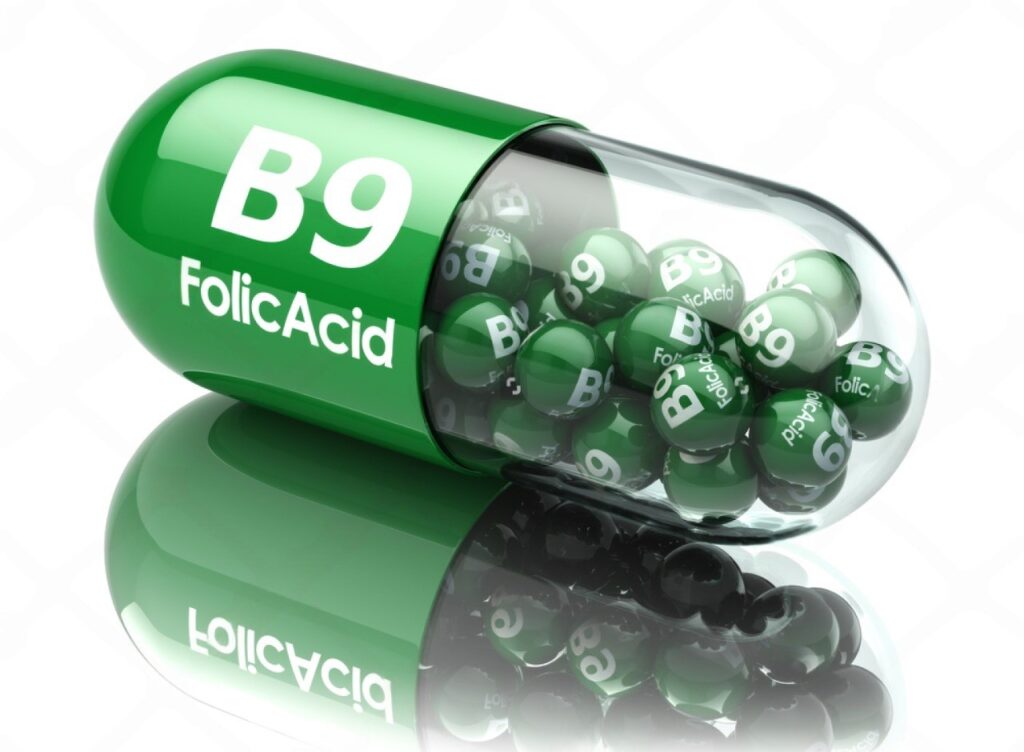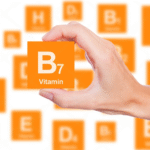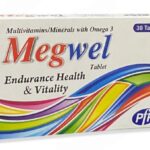Want to understand vitamin B9 like a pro? You’ve come to the right place. Whether you want to know about the difference between folate and folic acid. Wondering if you’re getting enough, we’re taking a deep dive into this essential nutrient. Let’s expose it all in a way that actually makes sense, no jargon overload here!

What is Vitamin B9?
Vitamin B9 is a part of the B-complex family. It plays a major role in your health. You may have heard about folate and folic acid. They are both forms of B9, but they’re not exactly the same.
Folate vs Folic Acid: What’s the Difference?
Let’s get this straight. Folate is the natural form of B9 found in whole foods like leafy greens, lentils, and citrus fruits. On the other hand, folic acid is a synthetic version used in supplements and fortified foods.
Here’s where it gets tricky: Folic acid needs to be converted by your liver into its active form called L-methylfolate before your body can use it. Not everyone does this effectively due to genetic variations, particularly in the MTHFR gene.
Why is Vitamin B9 Important?
Folate helps make DNA and RNA and is involved in protein metabolism. It helps in breaking down homocysteine. Homocysteine is an amino acid that can have harmful effects in the body if present in high amounts. Folate is needed to produce healthy red blood cells.
This is essential during periods of rapid growth, such as pregnancy and fetal development. Adequate folic acid intake is essential during pregnancy to help prevent neural tube defects, which becomes the baby’s brain and spine.
Feeling foggy? B9 plays a role in neurotransmitter function—which means it can affect your memory, concentration, and even your mood. There is growing research linking low folate levels to depression and cognitive decline in older adults. Folate helps reduce homocysteine, an amino acid that in high amounts can damage blood vessels and increase your risk of heart disease
Signs of Vitamin B9 Deficiency
Suppose you’re not getting enough B9. What will happen then?
Here are some red flags to watch for.
- Fatigue
- Irritability
- Shortness of breath
- Pale skin
- Tongue inflammation
- Poor concentration
If any of these ring a bell, it may be time to check your folate status.
Who’s at Risk of deficiency?
Some people are more likely to be deficient:
- Pregnant women
- People with digestive disorders (like celiac or Crohn’s)
- Heavy drinkers
- People taking certain medications (like methotrexate or anticonvulsants)
- Older adults
If you’re in one of these groups, you may need a boost.
How Much B9 Vitamin Do You Need?
The Recommended Dietary Allowance (RDA) is listed in Dietary Folate Equivalents (DFEs). This unit of measurement indicates the differences in how your body absorbs folate from foods and folic acid from fortified foods and supplements.
Age-Group |
Dietary Folate Equivalents (DFEs) |
| 0–6 months | 65 mcg DFE |
| 7–12 months | 80 mcg DFE |
| 1–3 years | 150 mcg DFE |
| 4–8 years | 200 mcg DFE |
| 9–13 years | 300 mcg DFE |
| 14 years and older | 400 mcg DFE |
| during pregnancy | 600 mcg DFE |
| during lactation | 500 mcg DFE |
Top Folate-Rich Foods
- Spinach
- Asparagus
- Broccoli
- Avocados
- Lentils
- Oranges
- Beets
- Brussels sprouts
Tips for Maximizing Absorption
Folate is water-soluble and can be destroyed by overcooking. To retain maximum nutrients
- Steam or lightly sauté veggies
- Avoid boiling for long periods
- Eat raw leafy greens when you can
And remember balance is better than extremes.
Types of Vitamin B9 Supplements Available
There are the following three main types of supplements:
- Folic Acid – Synthetic, widely available
- Folinic Acid – More easily converted than folic acid
- L-Methylfolate – The bioactive form; ideal if you have MTHFR issues
Final Thoughts
Vitamin B9 may be small, but it is powerful. From making DNA to protecting your heart and brain. Folate and folic acid play roles that are impossible to ignore. Whether you are getting it from food or supplements, make sure it is part of your daily routine.
Think of it this way: Your body is running a 24/7 operation. B9 is one of the key managers that keeps things humming along smoothly. Don’t miss out on this one!


